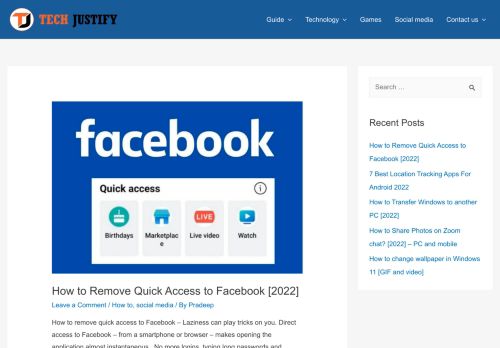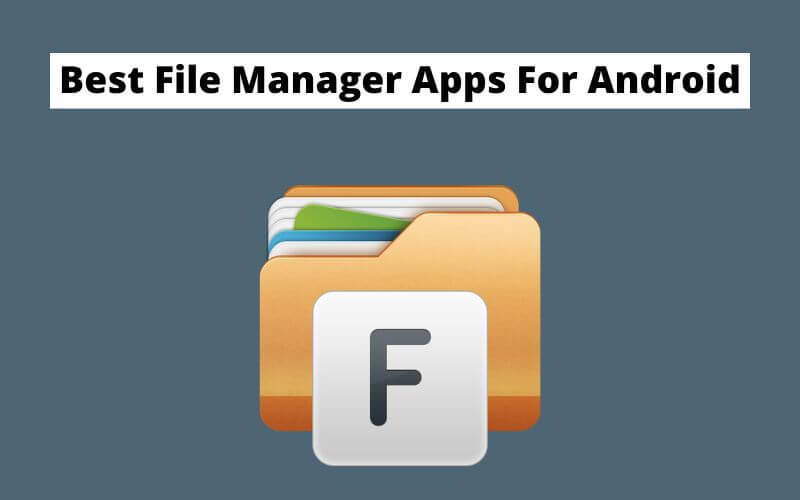
About Techjustify.com
Company Owner has not updated information yet.
About TrustedReviews
We Fight Fake Reviews
Here’s how you can flag problematic reviews.
We improve experiences
Here's our commitment to you.
We encourage quality customer feedback
We are check comments and we care about data reliability
Business Transparency
Claiming a profile allows the company to do things like reply to reviews, invite customers to write reviews,
Dear users; You can find all kinds of information about TrustedReviews in the faq section.
The content of your review or questions should not contain spam, advertising, profanity, insults.
In order to create a business membership, you need a company e-mail account. You can create a business registration with the confirmation code sent to your company e-mail account.
Only approved company accounts can reply to comments, you can do this from the management panel with your company account. Users cannot reply to comments made on company comments.
techjustify.com is a site dedicated to helping people get the most out of their devices and apps. We do this by reviewing and writing articles about the best Android apps and tools.
Android Studio is a free, open-source IDE that makes it easier to create and test apps. It features a variety of tools and emulators for a wide range of Android devices, from phones to tablets to foldables. It also supports Flutter, an open source cross-platform framework for mobile app development.
Android studio works on Windows, Mac, or Linux. It requires at least 8 GB of RAM to run properly. Its performance is better on Linux than Windows. You can improve its speed by changing your hard disk to SSD and disabling some features like syntax highlighting.
You can also use Android Studio to connect to physical devices, such as Pixel phones, through the emulator. This feature allows you to interact with the devices without opening their apps.
Firebase offers a number of backend-as-a-service (BaaS) solutions that help developers outsource many of the behind-the-scenes components of web and mobile application development. This includes hosting static files, configuration, databases, analytics, authentication, and push messaging.
It also allows frontend and backend developers to work together more efficiently by providing ready-to-use services for data storage, authentication, notifications, and more. This reduces development time and the need for backend and frontend developers to communicate across separate teams.
Other Firebase products that help apps grow include Analytics, Remote Config, and Predictions. Analytics provides insights into app performance from a users' perspective, and Remote Configuration lets developers make changes to an app without needing to push an update to it. Predictions, on the other hand, takes the data collected by Analytics and tries to determine which users will churn or spend money in an app.
Google Cloud Platform (GCP) is a set of modular cloud computing services. Its services range from artificial intelligence and machine learning to data analytics and developer tools. Its infrastructure includes a network that connects locations worldwide (including the US, Europe, main cities in Japan and major hubs in Asia).
GCP uses Role Based Access Control (RBAC) to assign permissions. The permissions can be assigned to a single identity or multiple identities. These identities can be a Google Cloud Identity user, a personal Gmail account or any other service account.
Besides its web interface, GCP also offers a command-line tool called gcloud and a marketplace with pre-configured solutions from ISVs and SaaS providers. Moreover, it provides a private network with low latency for its customers.
Cloud storage is a service that allows users and businesses to remotely store computer files. It is a popular solution for individuals who need more storage space and for companies that want to provide efficient data back-up solutions.
Files stored in the cloud can be accessed from any device with an Internet connection. This means that you don’t need to carry around copies of customer presentations or other work-related documents on a physical flash drive. Using cloud storage also makes it easy to collaborate with colleagues from different locations. This can be particularly useful for companies that require their employees to travel. However, there are some drawbacks to cloud storage, including the need for a reliable Internet connection. Additionally, using cloud storage can decrease a company’s control of their data.
GCM routes messages between your app server and Android devices over a reliable, battery-efficient connection. It allows your app server to send downstream messages to a single device, to groups of devices, or to devices subscribed to a particular topic.
GCM supports two kinds of messages – push notifications and data updates. A push notification is a message from your app server that tells the mobile device to refresh its content (for example, sports scores).
